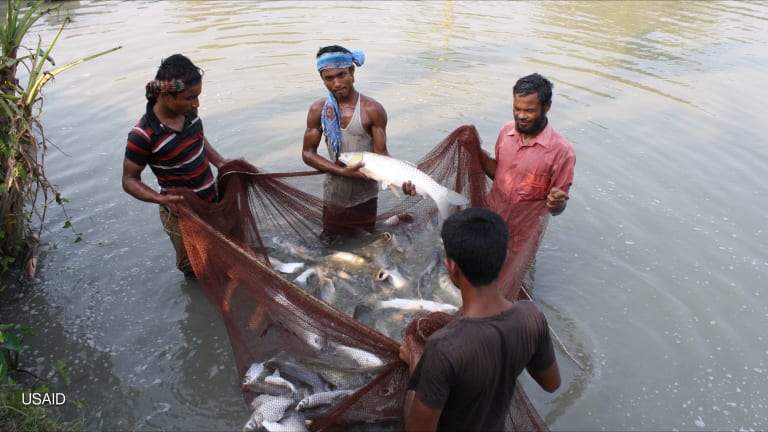Cary Fowler spent his childhood summers on his family farm in Tennessee, United States, where he watched his grandmother manage an operation that included assorted crops as well as cows, chickens, and pigs.
“We didn’t put all of our eggs in one basket,” said Fowler, 73, who now serves as the U.S. special envoy for global food security. He learned from his grandmother how important it was to grow a diversity of crops and rotate them to keep the soil healthy, and remembers visiting a regional experimental farm to figure out what to grow next.
“Every year we would go out there and look at all the different crops and the different varieties and that would be the time when she would choose which variety was going to be grown on the farm the following year,” Fowler said during an interview in Rome at the U.N. Food Systems Summit stocktaking.








